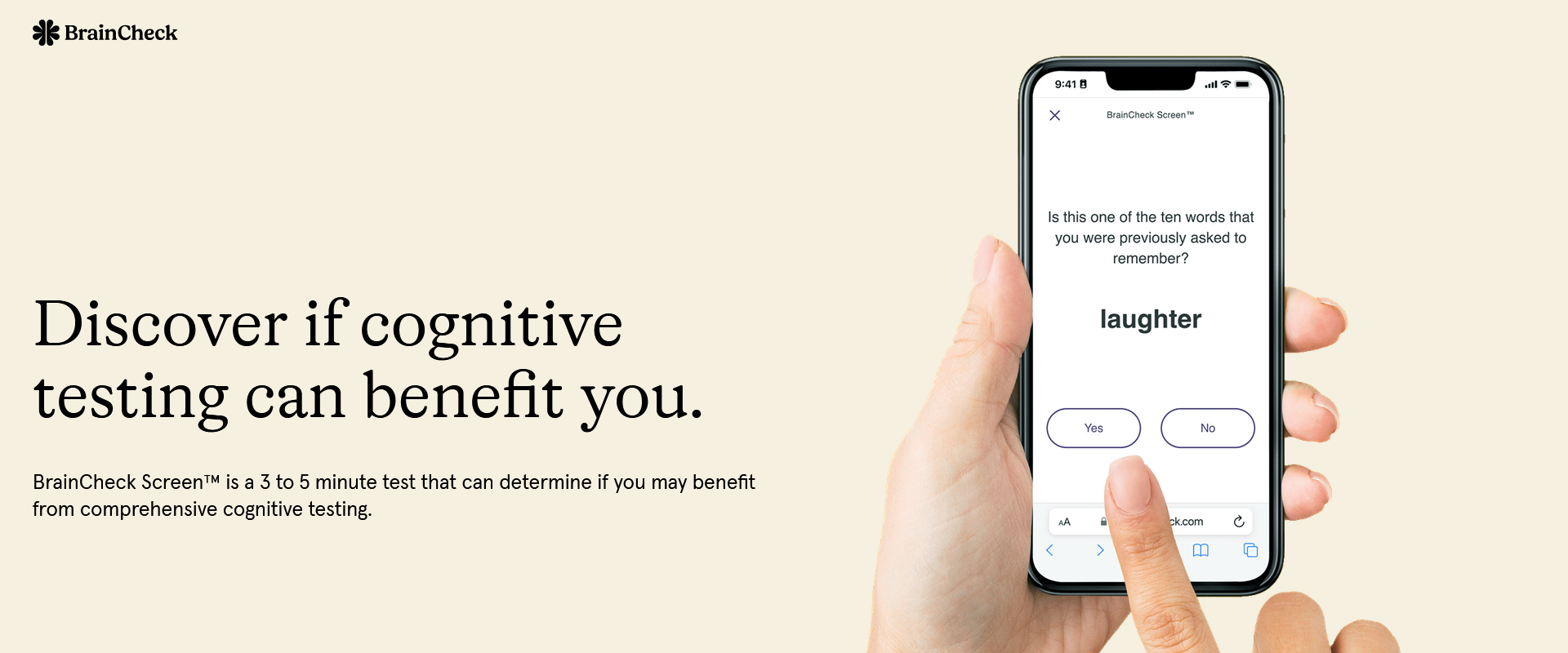Memory Disorders Clinic
Schedule appointmentDiagnosis & Treatment
Diagnosis
A skilled health care provider can often diagnose dementia using the following:
- Physical Examination: A thorough physical exam, including an assessment of the nervous system.
- Medical History and Symptom Review: Discussion of the patient’s medical history, family history, current symptoms, and medications the patient is currently taking.
- Mental Function Tests: Mental status examinations to assess cognitive abilities.
- Neuropsychological Testing: Detailed evaluations to measure memory, attention, and problem-solving skills.
Other tests may be ordered to find out if other problems may be causing dementia or making it worse. These conditions include:
- Intoxication from medicines
- Vitamin deficiency
- Anemia
- Thyroid disease
- Severe depression
- Long-term (chronic) infection
- Brain tumor
The following tests and procedures may be done:
- B12 level
- Blood ammonia level
- Blood chemistry panel (chem-20)
- Blood gas analysis
- Thyroid function tests, including thyroid stimulating hormone (TSH)
- Toxicology screen (drug or alcohol levels)
- Urinalysis
- Head CT scan
- MRI of the head
- PET scan
- Lumbar puncture (spinal tap)
- Cerebrospinal fluid (CSF) analysis
- Electroencephalograph (EEG)
- Mental status tests
- Neuropsychological tests
- Genetic tests
Our outpatient diagnostic evaluation is designed to determine the cause of memory loss and provide recommendations for managing cognitive impairment. While an accurate diagnosis is crucial, knowing the next steps is essential for ensuring the best quality of life for both patients and their families. We offer guidance on how to live and cope with cognitive challenges, helping families navigate this journey together.
Treatment
The treatment plan depends on the underlying condition causing dementia. Some patients may require a short hospital stay.
Medication management is crucial, as some medicines can worsen confusion in people with dementia. Adjusting or discontinuing these medications is often a part of treatment.
Mental exercises can help manage dementia symptoms. Treating underlying conditions that lead to dementia can significantly improve cognitive function. These conditions include:
- Nutritional deficiencies
- Anemia
- Hypoxia (decreased blood oxygen)
- Thyroid disorders
- Depression
- Infections
- Heart failure
Medicines may be used to:
- Slow the progression of symptoms, though improvements may be modest.
- Manage behavioral issues, such as confusion or impaired judgment.
Recent treatments have shown potential in reducing amyloid levels in the brains of Alzheimer’s patients, but their ability to slow disease progression remains unproven. Our Clinical Research department is actively involved in ongoing research trials and the latest studies aimed at finding a cure for this disease.
As dementia advances, home support becomes increasingly important. Family members or caregivers can help manage memory loss, behavioral changes, and sleep disturbances. Ensuring a safe home environment is critical for individuals with dementia.
